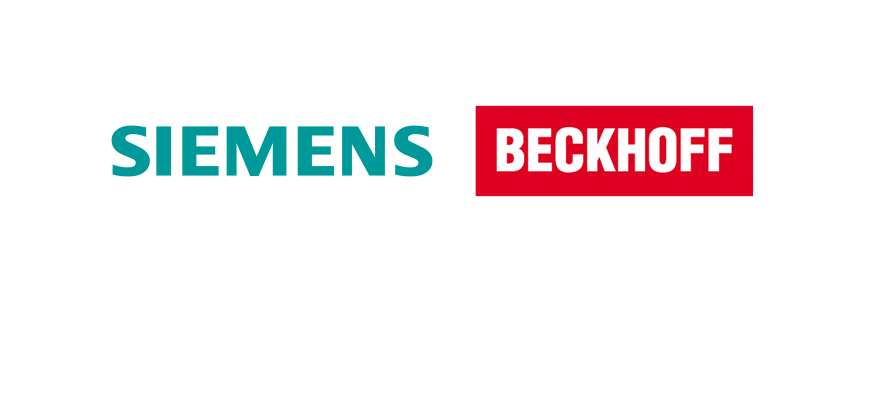Siemens and Beckhoff are both prominent players in the field of industrial automation, and they offer programmable logic controllers (PLCs) among other automation solutions. While both companies aim to achieve similar goals in terms of providing reliable and efficient automation systems, there are differences in their approaches, technologies, and product offerings. Let’s compare Siemens PLCs with Beckhoff PLCs across various aspects:
Company Background:
- Siemens: Siemens is a German multinational conglomerate with a long history in the industrial and engineering sector. Siemens is known for its extensive range of products, including PLCs, HMIs, drives, and more. They have a global presence and are recognized for their innovation in industrial automation.
- Beckhoff: Beckhoff Automation is a German company known for its focus on PC-based control technology. Beckhoff emphasizes openness and modularity in its automation solutions. Their TwinCAT software platform is a key component of their PC-based control systems.
Control System Architecture:
- Siemens: Siemens provides a variety of PLCs, including the SIMATIC series. They offer both traditional PLCs and newer models that incorporate advanced technologies like Industrial Ethernet and integrated safety features. Siemens also supports a wide range of communication protocols.
- Beckhoff: Beckhoff is renowned for its PC-based control systems. They utilize industrial PCs (IPC) as the core of their control architecture. TwinCAT, Beckhoff’s automation software platform, enables the integration of PLC, motion control, and other functionalities on a PC platform.
- Programming Environment:
- Siemens: Siemens uses the TIA (Totally Integrated Automation) Portal as its programming environment. TIA Portal provides a unified platform for various tasks, including PLC programming, HMI design, and system configuration.
- Beckhoff: TwinCAT is Beckhoff’s programming environment for their PC-based control systems. It supports IEC 61131-3 standard programming languages, and its open architecture allows users to integrate with various programming environments.
- Modularity and Scalability:
- Siemens: Siemens PLCs are known for their modular design, allowing users to expand and customize their systems based on specific requirements. The SIMATIC S7 series, for example, offers various modules and expansion options.
- Beckhoff: Beckhoff’s PC-based control systems inherently offer modularity and scalability. Users can expand their systems by adding additional industrial PCs or I/O modules as needed.
- Openness and Standards:
- Siemens: Siemens adheres to international standards and offers compatibility with various communication protocols. The TIA Portal, while comprehensive, may be perceived as proprietary.
- Beckhoff: Beckhoff emphasizes openness and standards. Their PC-based control systems support standard industrial communication protocols, and their TwinCAT platform integrates seamlessly with other automation technologies.
- Industry Focus:
- Siemens: Siemens has a wide range of products catering to various industries, from manufacturing and energy to healthcare and transportation.
- Beckhoff: Beckhoff has a strong presence in industries where PC-based control systems are advantageous, such as machine building, manufacturing, and process automation.
In summary, the choice between Siemens and Beckhoff PLCs often depends on specific project requirements, industry preferences, and the desired control system architecture. Siemens is known for its comprehensive range of automation solutions, while Beckhoff excels in PC-based control systems with an emphasis on openness and modularity. The selection should be based on factors like the nature of the application, scalability needs, and the preferred programming environment.

